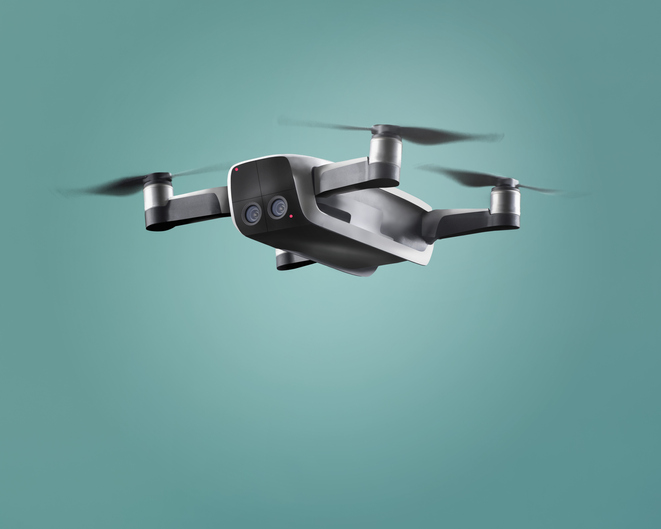
Fall prevention and intervention are going high tech. A platform of drones, smartphones and sensors show promise for remotely monitoring the elderly and identifying heart rate and temperature shifts that could trigger falls, researchers say.
Drones also could help deliver faster first aid if a fall occurs, they added.
Researchers from Iraq and the University of South Australia using the platform found that monitoring vital signs with a wireless sensor that attaches to the upper arm effectively sent messages to an emergency call center when physiological abnormalities or falls occurred. Sensors accurately detected falls and differentiated between falls and normal activities 99.2% of the time.
The researchers also compared ambulance and drone response times and found that drones were able to deliver first aid quicker. The drone-delivered first aid kit supplied a blood pressure monitor, pulse oximeter device, bandages and sterile gauge, medication and instructions that could help a bystander administer first aid while waiting for a medical team to arrive.
“Overall, the advanced first-aid system indicates capable results and could be refined and used for monitoring elderly patients and delivering first-aid supplies to them as soon as possible,” the researchers noted. “Future work will focus on the development of the whole system, including the design of a system that can receive patient information and send a [drone] in response autonomously without human intervention.” The study was published in Sensors.




